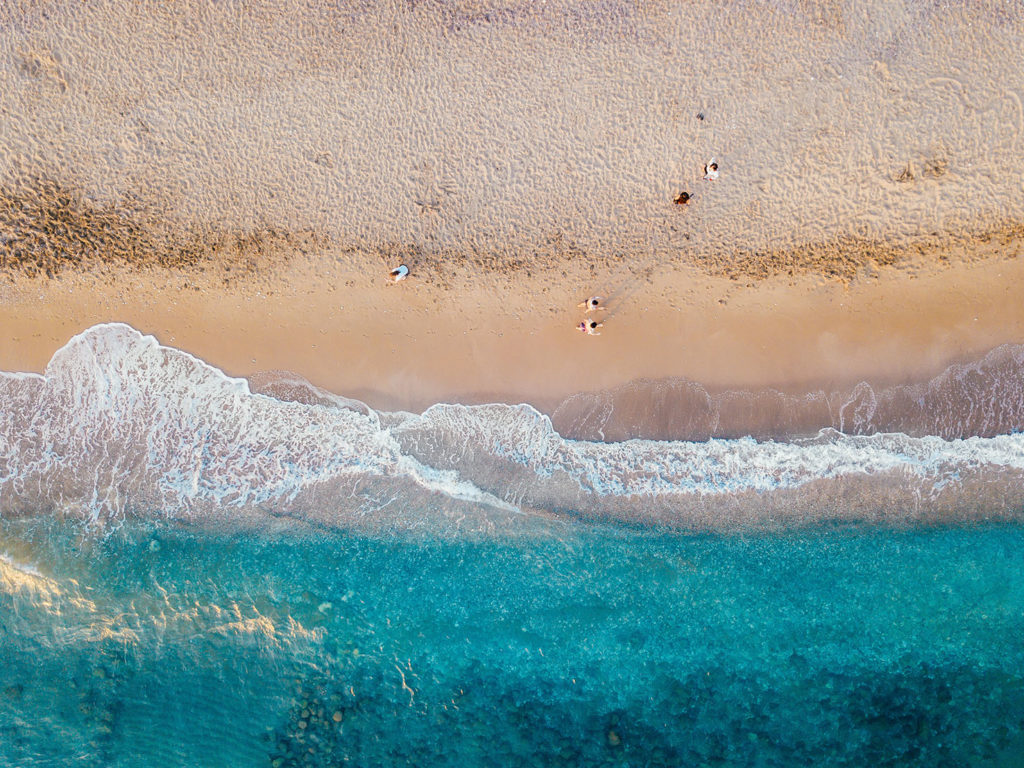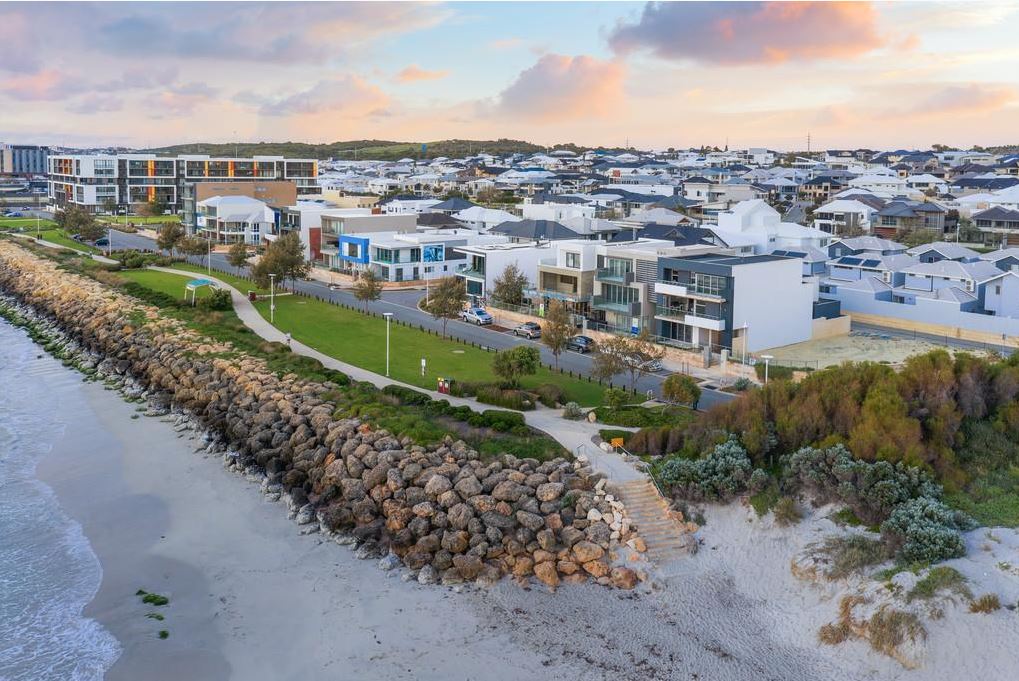Coastal Conditions – what you need to know

Your guide to Coastal Conditions.
Do you dream of swapping your fast-paced city lifestyle for the relaxing balm of the beach? Then you’re not alone! With increased density leading to rising land prices in established inner city suburbs, more and more Perth people are heading to the sea in search of affordable housing.
Western Australia’s love affair with the coast continues, with Perth’s temperate climate ensuring the “sea-change” will remain a popular lifestyle solution for many generations.
Environmental considerations
If you’re among those who yearn to swap the concrete jungle for a sense of community, you’ll want to weigh up the pros and cons before taking the plunge and making the sea-change to coastal living. In particular, building a new home on the coast presents a number of environmental considerations that need to be addressed, including the direction of prevailing winds, the range of temperatures experienced, the amount of rainfall received, and the time of wetness.

Building a home on the coast presents a number of environmental considerations that need to be addressed
Coastal specifications
Salt spray will of course compound corrosion problems, so the best method of protection from environmental elements on the coast is to use corrosion-resistant materials that will maintain
their structural integrity in even the toughest of climates. This is of particular importance when building within one kilometre of breaking surf, and is in addition to other site-specific
specification, including:
• masonry mortar requiring additional proportions of cement to lime to sand
• use of “exposure grade” mortar with stainless steel or plastic wire ties in wall cavities
• restrictions on maximum roof pitch, including rafter timber lengths
• use of sarking between rafter timbers and roof tiles
• additional fixing standards for tiled roofs, including nails and/or clips
• application of an epoxy coating to metal surfaces (including standard issue galvanised steel lintels)
• use of thicker glass windows and doors rated to withstand the rigours of wind and rain
• roof coverage, roof overhang and other requirements subject to special engineering and wind anchorage.

Coastal specifications are used so that your home will stand against the elements
Roofing Material
Of course planning guidelines can also impact the type of roof coverage required, but generally Colorbond® Stainless Steel roofing is recommended where there is salt spray in the air, while Colorbond® Ultra Steel is the recommended roofing material for environments within 200 metres of sea spray.

Colorbond® Stainless Steel roofing is recommended where there is salt spray in the air
Cost-effective solutions
Coastal conditions will, of course, have a huge impact on home building costs, which is why it is important to choose a building company who can provide customised and cost-effective solutions when building in a marine environment.
Located on the coast in Rockingham, Western Australia, the Shelford Group has extensive experience and expertise dealing with site conditions, construction materials and regulatory
requirements in coastal communities.
For further information about the home building process, contact us today.
